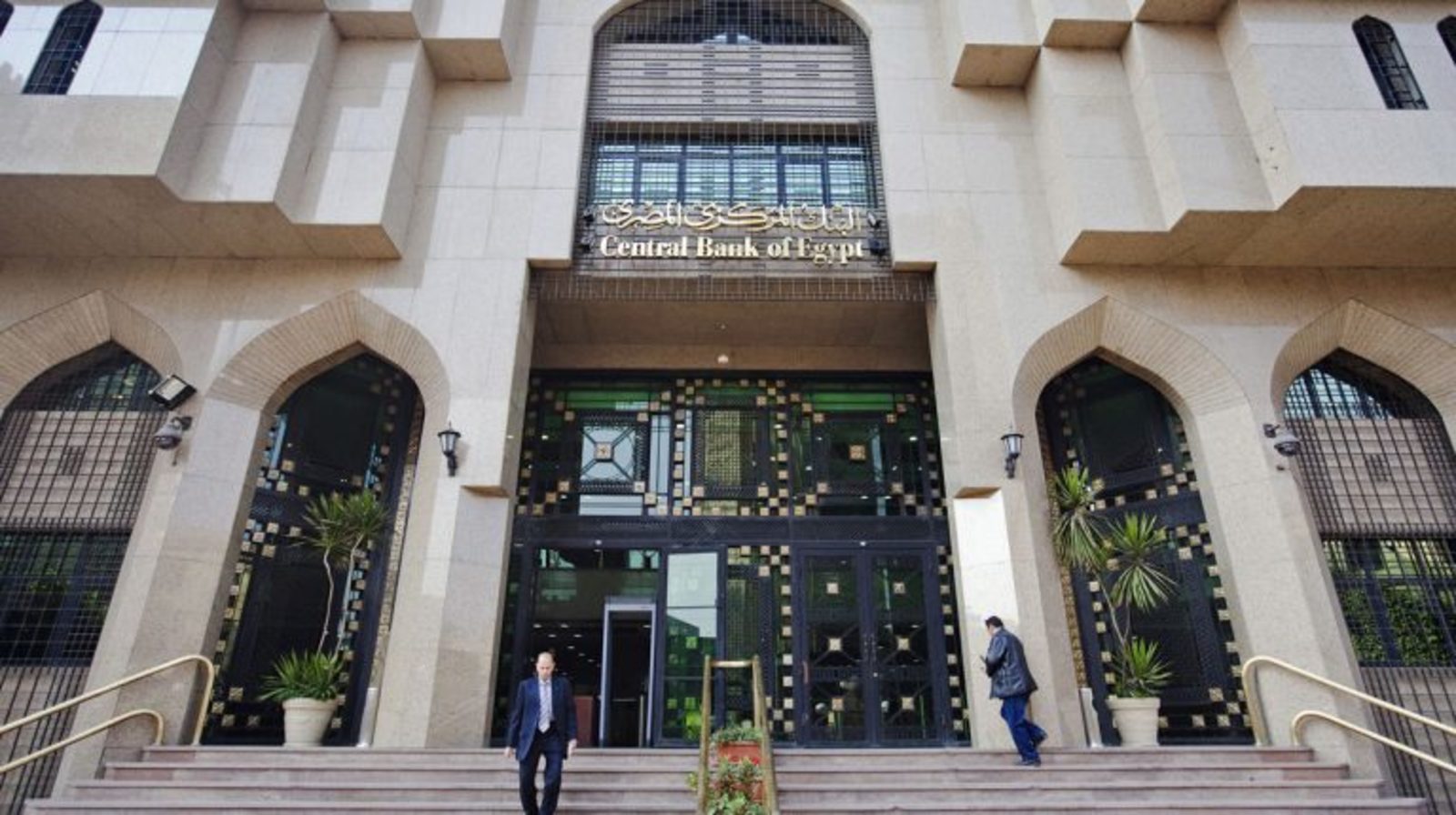A less hawkish CBE?

The Central Bank of Egypt (CBE) kept interest rates unchanged in its meeting last Thursday, breaking a run of rate hikes in its two previous meetings to tackle high inflation. The CBE left the overnight deposit rate at 11.25% and the lending rate at 12.25%, while the main operation and discount rates remain at 11.75%, it said in a statement (pdf) following the meeting. The bank’s monetary policy committee (MPC) has hiked rates by 300 bps since March.
The move was predicted by most analysts we polled: Five of eight analysts and economists surveyed by Enterprise expected the MPC to leave rates unchanged in its meeting after inflation in May came in lower than expectations despite reaching a three-year high of 13.5%. They forecasted the committee would take some time to weigh the impact of its latest 200 bps hike.
But it came as a surprise to others: The decision defied expectations of a 50 bps hike in the benchmark rate and a 25 bps hike in the lending rate in a wider poll conducted by Reuters. Only three of 13 analysts Bloomberg surveyed expected rates to remain unchanged.
Rationale #1: High inflation is an import resulting from the war in Ukraine, and will likely prove transitory. “The MPC treats the developments stemming from the Russo-Ukrainian conflict to be among the exogenous shocks that are outside the scope of monetary policy and yet may lead to transitory deviations from pre-announced target rates,” the CBE said in its statement.
Rationale #2: The CBE needs time to assess the impact of prior hikes. “The MPC takes note of its policy rate hikes in the previous two meetings and will continue to assess their impact on inflation expectations and other macroeconomic developments over the medium term,” the committee said. With its recent rate hikes, the MPC has already “frontloaded expectations of marginal increases in future inflation,” Naeem Brokerage’s Allen Sandeep said in a note, adding that he expects inflation to stabilize in the coming months “as global commodity indices cool off.”
Most expect inflation to peak this summer: Beltone, CI Capital, and Arqaam all expect inflation to peak in August, with estimates ranging from c.15-18%, and to end the year above the CBE’s target range.
A less hawkish CBE? The central bank reiterated that inflation rates above its 7% (±2%) target will be “temporarily tolerated” until 2023, when it expects rates to decline.
What about our carry trade? The central bank’s earlier hikes have yet to reflect on treasury yields, according to Beltone’s Alia Mamdouh, adding that “the decision was key to assess the pace of treasury yields developments in the meantime.” Our real yields remain in negative territory as a result of inflationary pressures.
FDI > hot money: Government officials have been emphasizing the need to shift our priorities to FDI and increased exports over hot money in recent weeks, after risk-off sentiment and global monetary tightening spurred some USD 20 bn in capital outflows since the start of the year.
Slower economic growth expected in the near term: The CBE is expecting economic activity to “expand at a slower than projected pace, mainly as a result of the unfavorable spillovers emanating from the Russo-Ukrainian conflict,” it wrote.